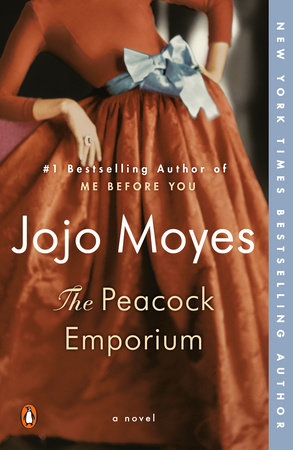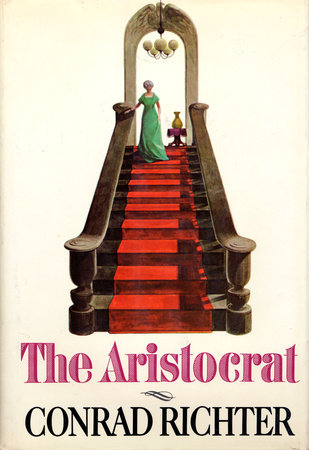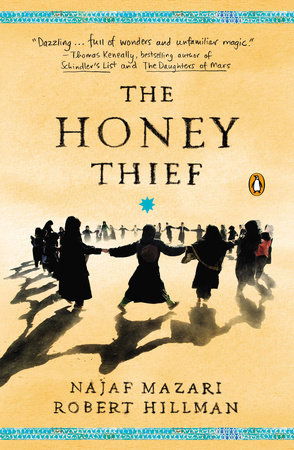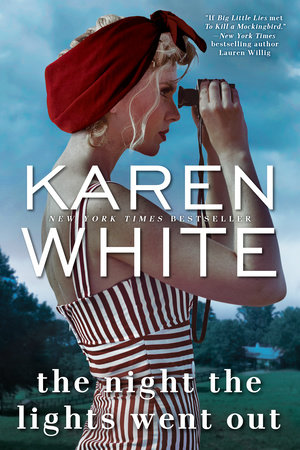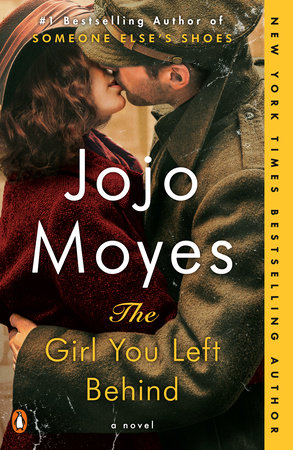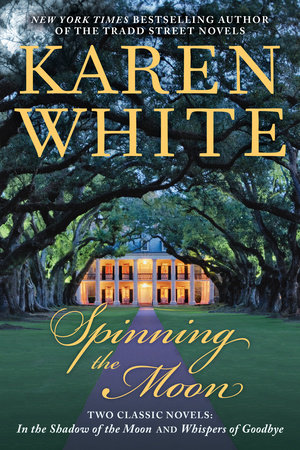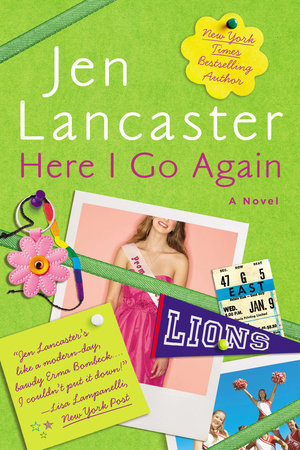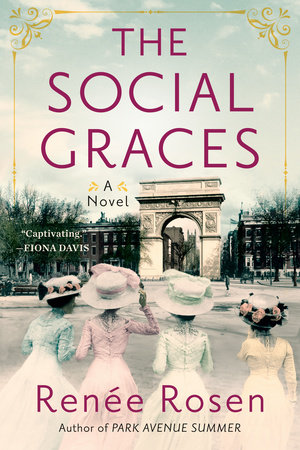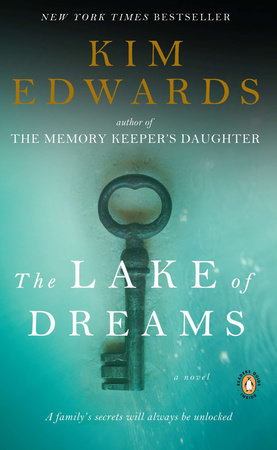Praise for Still Me:
“Delightful.” —People
“Full of charming antics . . . Entertaining.” —Associated Press
“Still Me offers a warm conclusion to the Me Before You trilogy . . . resulting in the best entry in the trilogy yet. . . . Moyes has crafted a clear-eyed tale of self-discovery and the sacrifice required to live a life honestly in pursuit of the things you love. . . . [It will] keep you sighing with delight to the very last page. A.” —Entertainment Weekly (online)
“Jojo’s work never fails to bring a smile to my face with her honesty, humor, and empathy about what it is to be human—[Still Me is] a must read!” —Emilia Clarke
“While the series may have started off as a romance, Jojo Moyes has turned Louisa Clark’s story into one about learning to be, and to love, yourself.” —Bustle
“You sobbed through Me Before You. You sped through After You. And now, Lou is back in Still Me. . . . Don’t miss this funny, romantic third installment.” —HelloGiggles
“Entertaining, often very funny.” —Newsday
“Moyes’s easy way of making you instantly care for her characters (deeply) prevails.” —goop
Praise for After You:
“Jojo Moyes has a hit with After You.” —USA Today
“Think Elizabeth Bennet after Darcy’s eventual death; Alice after Gertrude; Wilbur after Charlotte. The ‘aftermath’ is a subject most writers understandably avoid, but Moyes has tackled it and given readers an affecting, even entertaining female adventure tale about a broken heroine who ultimately rouses herself and falls in love again, this time with the possibilities in her own future.” —Maureen Corrigan, Fresh Air, NPR
“The genius of Moyes . . . [is that she] peers deftly into class issues, social mores, and complicated relationships that raise as many questions as they answer. And yet there is always resolution. It’s not always easy, it’s not always perfect, it’s sometimes messy and not completely satisfying. But sometimes it is.” —Bobbi Dumas, NPR.org
“Charming.” —People
“Expect tears and belly laughs from Me Before You’s much anticipated sequel.” —Cosmopolitan
“Moyes is at her most charming here, writing with a sense of humorous affection about family dynamics among working-class Brits. . . . A Maeve Binchy for the twenty-first century.” —Kirkus Reviews
“[A] heart-tugger.” —Good Housekeeping
“Like its predecessor [Me Before You], After You is a comic and breezy novel that also tackles bigger, more difficult subjects, in this case, grief and moving on. . . . We all lose what we love at some point, but in her poignant, funny way, Moyes reminds us that even if it’s not always happy, there is an ever after.” —The Miami Herald
“Once again, Moyes delivers a heart-wrenching and relatable book about love and loss that will stay with you long after you’ve finished.” —InStyle.com
“Moyes wisely knows that life-changing events don’t always change our lives for the better. . . . After You may not be the sequel you expect, but it is the sequel you needed.” —Entertainment Weekly
Praise for Me Before You:
“A hilarious, heartbreaking, riveting novel . . . I will stake my reputation on this book.” —Anne Lamott, People
“When I finished this novel, I didn’t want to review it; I wanted to reread it. . . . An affair to remember.” —The New York Times Book Review
“An unlikely love story . . . to be devoured like candy, between tears.” —O, The Oprah Magazine
“Funny and moving but never predictable.” —USA Today (four stars)
